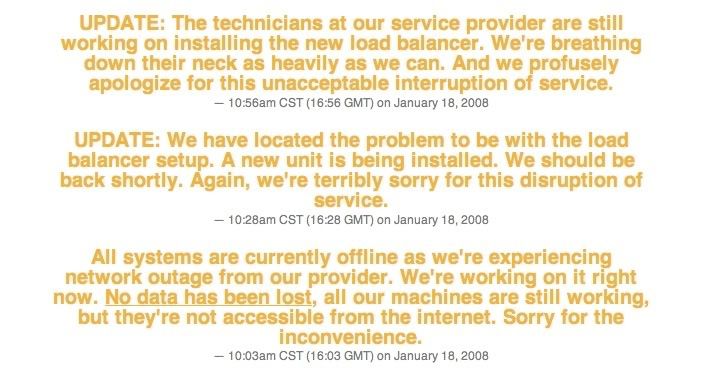I’ve noticed a few peculiarities to Australian English since I’ve arrived (colourful slang aside, of course). For example, on the train up the coast the other day, we heard “… Passengers for Caloundra, please detrain here.” Detrain??! As in, disembark or alight?!
Detrain doesn’t get too many Google references (most of them are French, “…de train”, etc). And it’s not just me who finds it strange, either. The Australian Broadcasting Corporation (ABC) News had a reader write in and complain about it here, and had the following to say about its origins:
The Macquarie lists “detrain” as meaning “to alight from a railway train” – and says it[‘s] chiefly military slang. Although it’s not listed in either D.H. Dowling’s Digger Dialects or in Amanda Laugersen’s Diggerspeak – so it’s not Aussie military slang. The opposite (getting on board) is covered by another military word “entrain”… And similar words are used in the military of aircraft: if you get on board you “enplane” and if you get off you “deplane”.
It even gets a mention in the online Urban Dictionary, but with very specific Australian (and even more specifically, Brisbane) references:
A newspeak-esque term QRail train conductors use to describe the act of getting off a train.
Train conductor: Passengers for the Ipswich, Beenleigh and Gold Coast lines, please detrain at Central. Make sure you collect all of your belongings before detraining. Thank you.
Passenger: WTF!?!?
The whole misuse of English debate is often levelled at terms like this, but I don’t buy it. (I’m sure being native to a country with a “non-standard” form of English plays a part in my opinion too.) Here we have an example of a word with valid origins being used as management jargon by Queensland Rail. That’s not misuse, it’s re-use. So pretty standard language behaviour, then.
Mind you, I’ve yet to hear the average Joe use it, but given it’s short, snappy and does the job, it seems to fit the requirements of Australian English just nicely!

